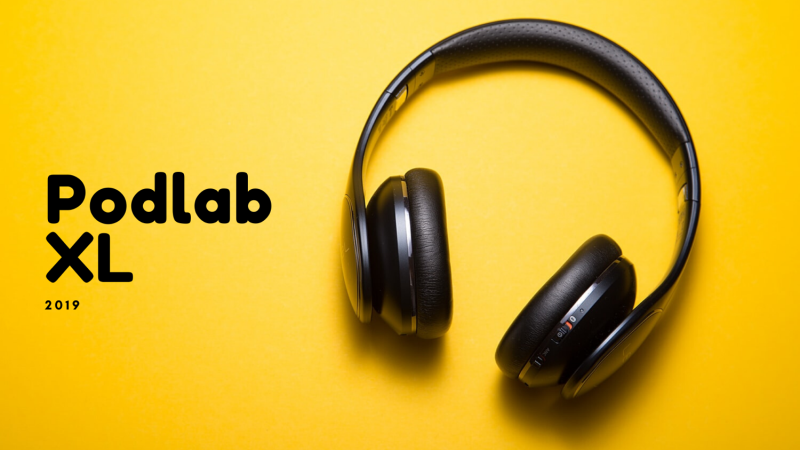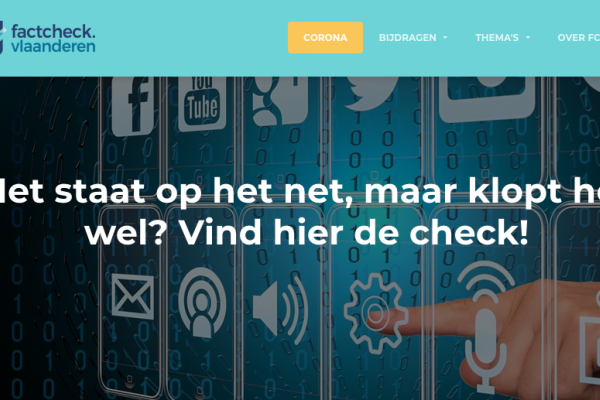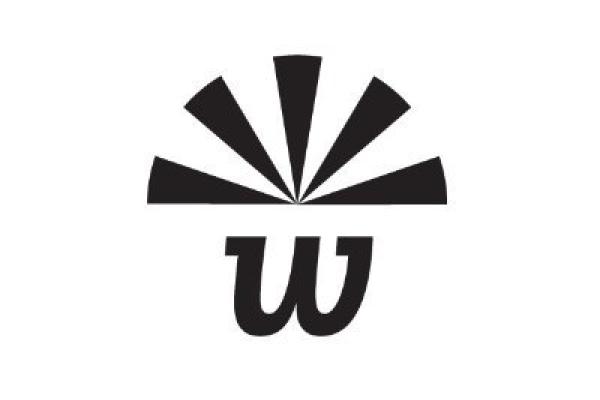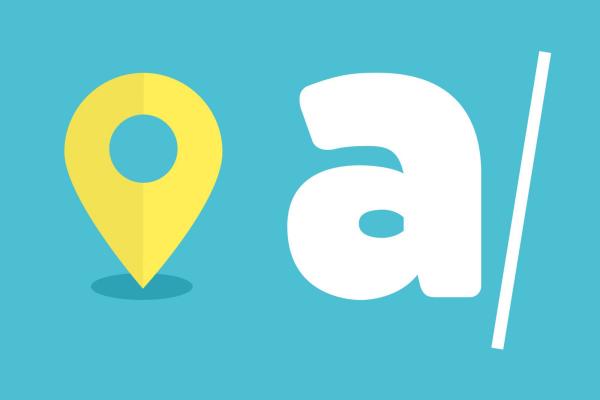“Let’s say you have a good idea for a non-fiction podcast, but you don’t know much about podcasting or storytelling. Or you have a story in mind, but you don’t know how to develop it into a podcast. Maybe you’ve been thinking about making a podcast for a long time, but you want to work on it with other like-minded people with the help of a professional. Or perhaps you simply lack the practical and technical skills to create your podcast. Podlab XL is here for you!”
This was how audio professionals Eva Moeraert and Pieter Blomme presented their project, Podlab XL. In this training programme for non-fiction podcast makers, they coached the participants from concept to pilot delivery. In doing so, they developed a methodology, which they’ve made publicly available.
Programme
Podlab XL participants followed the following programme:
- In a joint, five-day summer programme, all nine participants went from idea to concept to paper prototype with the help of their coaches.
- From August to October 2019, the participants worked separately under the personal guidance of podcast professionals to develop their podcast.
- At the end of October, the participants headed to the studio with two sound designers to mix their trailer or pilot episode.
- On 9 December 2019, at KASKcinema in Ghent, the participants presented their work to professionals from the media sector.
- Afterwards, participants had one more session with their coach to discuss content or a technical session with their sound engineer.
Method
Moeraert and Blomme teach radio and podcasting at the Artevelde University of Applied Sciences and KASK School of Arts in Ghent. The training methodology they developed for this project, with the support of the FJF, is based on storytelling methods from National Public Radio (NPR) in the United States, story design principles and “tons of personal experience”. The method was used for the first time in this summer programme and is now publicly availableon the Podlab website.
For the coaching, Moeraert and Blomme collaborated with other experts, such as Maartje Duin, Wederik De Backer, Sander Lambrecht and Niels Dekeukelaere.
Price
With the future in mind, this pilot project also aimed to gauge participants’ willingness to pay for a podcast training programme.
The cost was 1,400 euros per participant, which included seven full days of training (including catering) and five coaching sessions. According to an online evaluation, most participants considered this price appropriate.
Results and future
- Several podcasts have already been published. EOS Science has started a podcast series. Other Podlab participants are currently talking with publishers and sponsors.
- In the future, Podlab will continue as a training programme that offers professional guidance to people with a podcast idea.
- The methodology developed for the project will be used by teachers in various workshops for students and in the field.
- Eva Moeraert co-developed a postgraduate podcast at the Arteveldehogeschool Ghent based on this project.
- With Chase Academy, we’re working on an academy programme specifically designed for podcasters.
In their own words
Eva Moeraert and Pieter Blomme explain the project in their own words:
What about the project are you the most satisfied with?
We are most satisfied with the combination of training and concrete output. Both process and product were at the heart of this programme, and we found this approach to be very successful.
We are also proud of the way the programme connected with the professional sector (VRT, Het Geluidshuis, DPG Media).
What went less smoothly than expected, or what would you have done differently?
- There was one participant who cancelled at the last minute. We should have already requested/required payment during the registration process.
- We learned that it is important to give clear homework assignments that must be completed before a participant can access the next step in the course.
- We need to limit the number of coaching sessions so that there are clearer agreements about what you get for your money.
- We expected more people to sign up for the course. The limited number of registrations meant that we couldn’t be too selective.
What do you think is the most important thing we can learn from this project for journalism in Flanders?
- Audio is a fully-fledged journalistic genre, in addition to video and text.
- Audio is an excellent medium for narrative journalism.
- Even non-journalists (i.e. those without a press pass or degree) can make journalistic podcasts.
- Most media companies are not ready to make podcasts part of their business model. This mainly has to do with the fact that the metrics (eyeballs) are not adapted to the podcast, which is more of an immersive and impact medium.



